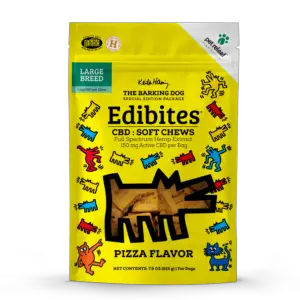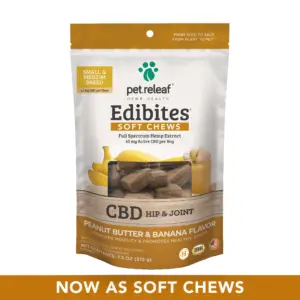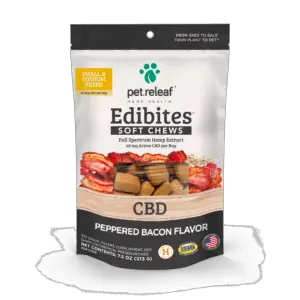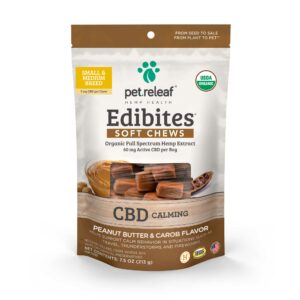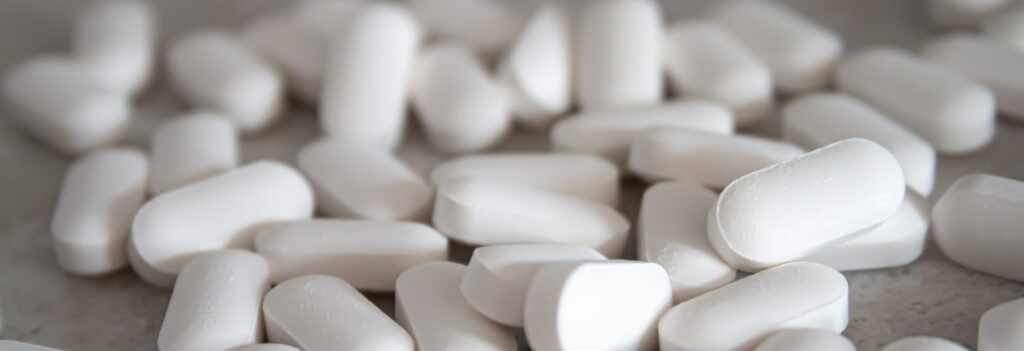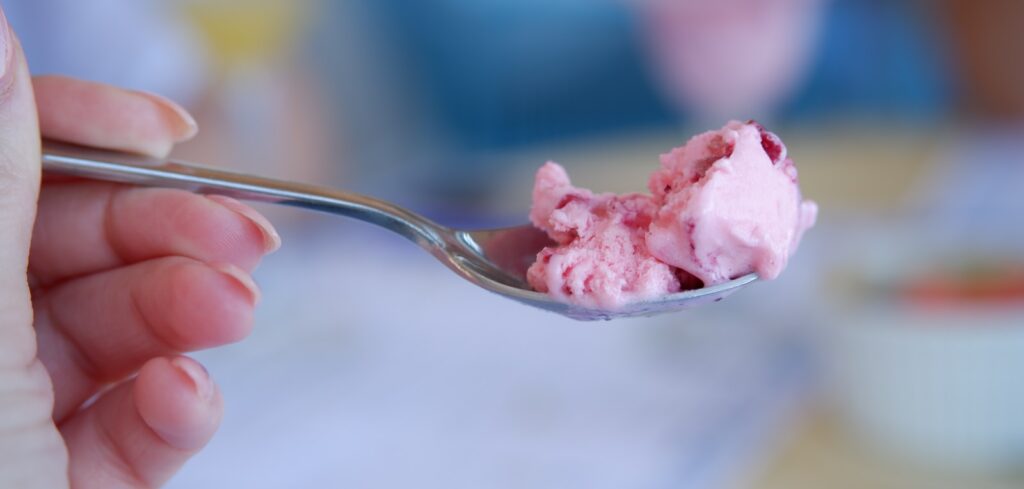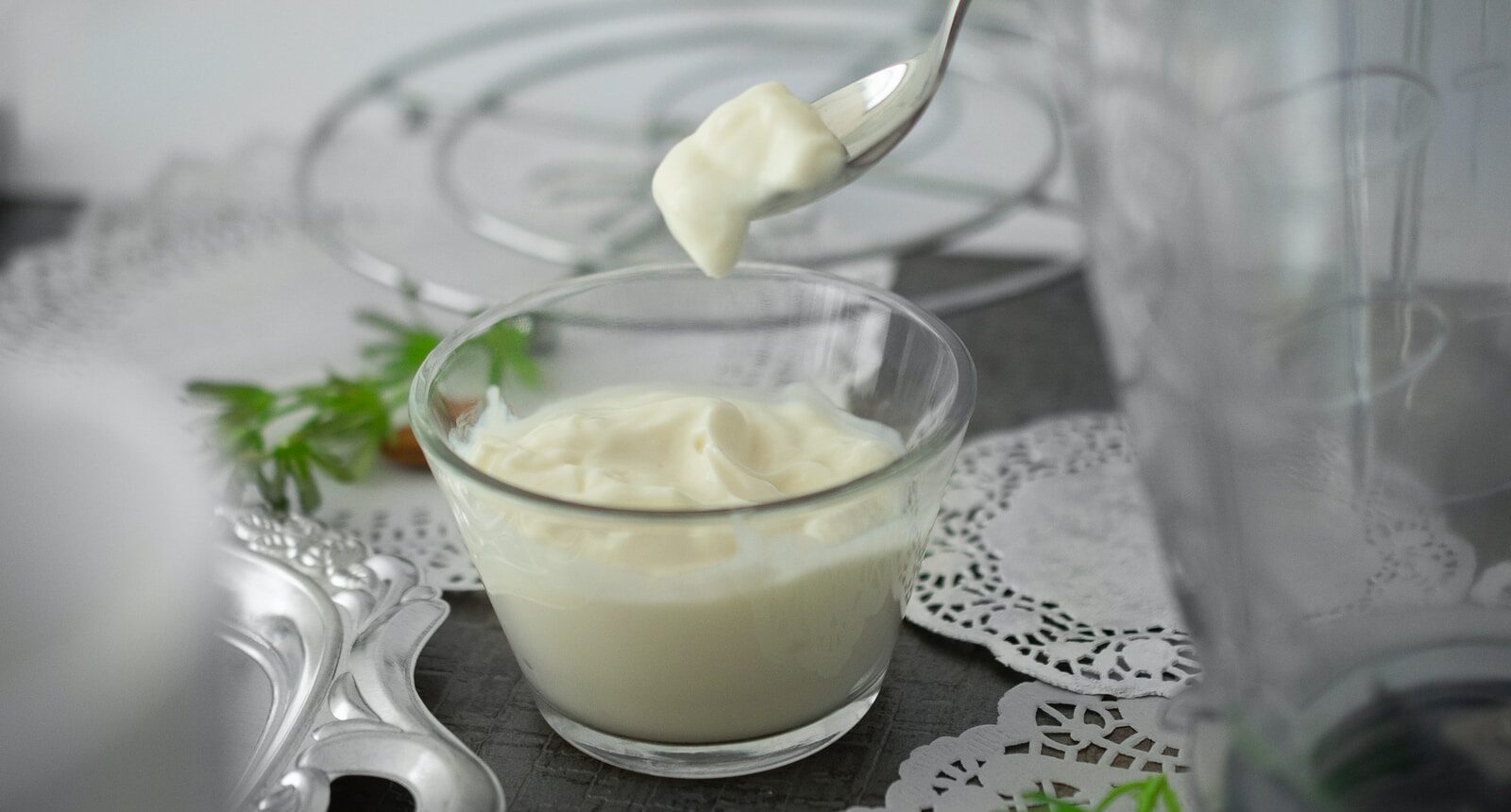
Key points
- Probiotics are microorganisms that live in the intestine of both humans and animals and have a positive influence on the health of the host;
- You can administer probiotics to your pet to help keep its intestinal flora stable and to support its digestion, and help with nutrient utilization;
- Probiotics are available in different forms available on the market. You can choose between powder, chews, capsules, and products that are naturally fermented and rich in beneficial microorganisms such as kefir, yogurt, etc.;
Table of Contents
What are Probiotics?
Each animal has billions of bacteria in its intestines. Some of them take on essential tasks for digestion and help keep the intestines healthy, while others can damage organs in the digestive system. The beneficial or “friendly” gut-dwelling microbes are called probiotic bacteria.
According to the WHO, probiotics are “live microorganisms which confer a health benefit on the host when administered in adequate amounts”. In this case, the host is your dog or cat.

The most well-known and effective probiotics are lactic acid bacteria. This group includes strains such as lactobacilli, bifidobacteria, enterococci, and yeast cultures such as Saccharomyces boulardii. These microorganisms occur naturally in the pets’ intestines and ensure a balanced intestinal flora. Unfortunately, the balance of these good bacteria – and thus that of the intestinal flora – is easily disturbed, for example, by stress or antibiotics.
That is why it is vital to help your pet maintain healthy gut flora by replenishing the microbiome with probiotic supplements containing millions of gut-friendly microorganisms. You can do this by giving your pet probiotic tablets or powder, which are available as dietary supplements or pharmaceuticals.
What are Prebiotics?
Prebiotics can also be used to boost beneficial bacteria in the gut if your dog is suffering from some health issues. So what’s the difference between probiotics and prebiotics? The word “prebiotics” refers to a certain group of dietary fiber, which the body can’t digest. Unlike probiotics, prebiotics are not living organisms, they are simply indigestible carbohydrate molecules that beneficial gut bacteria can consume.
Prebiotics can protect probiotic bacteria from stomach and bile acids on their way into the intestine and help bacteria settle and grow in the gut. In addition, prebiotics can specifically improve the growth and activity of good bacteria in the intestine and increase their ability to survive. This is especially true for bifidobacteria.
Some examples of prebiotics include dietary fiber molecules such as inulin and oligofructose. Since prebiotics cause a growth spurt of the desired intestinal bacteria, potentially harmful microorganisms and viruses have less chance of spreading in the intestine. Thus, taking prebiotics can significantly improve your pet’s digestion and immune system.
What Can Probiotics Do?
According to various studies, probiotics can:
- aid in the digestion of food;
- improve the health of the intestinal flora;
- fight off potential pathogens;
- make nutrients and vitamins for the host;
- strengthen and stimulate the immune system;
- have anti-inflammatory effects;
- prevent infectious diseases;
- prevent cancer;
- prevent allergies;
- prevent anxiety;
- prevent urinary tract infections;
- produce short-chain fatty acids which inhibit harmful bacteria;
- reduce stress;
- affect mood and emotions;
As you can see, probiotics have real superpowers and can therefore be beneficial for the health of your four-legged friend.
When Are Probiotics Used?
Probiotics are typically prescribed to maintain a desirable intestinal microbial balance. They might be very helpful for your dog if the pet is currently experiencing:
- gastrointestinal infections;
- chronic diarrhea or gas;
- treatment with antibiotics;
- immune deficiency;
- allergies;
- regeneration after surgeries or serious illnesses;
- stress;
- high levels of physical exertion;
Let’s look at some of these conditions in more detail:
Gastrointestinal infections
Pathogens such as bacteria, viruses, and parasites (worms, Giardia, etc.) compete with beneficial microorganisms in the intestinal flora for food and living space. Gastrointestinal infections can, therefore, disturb the pet’s microbiome.
Antibiotic treatment
Antibiotics are usually administered to eliminate dangerous bacteria living in the body, but they also negatively influence the intestinal flora. If your pet is suffering from a serious illness, this is not a reason to forego treatment with antibiotics. Instead, you can give your pet probiotics to help support and regenerate the beneficial bacteria in its intestines.
Chronic digestive disorders or intestinal problems
In addition to chronic infections, conditions like diarrhea, flatulence, foul-smelling feces, and other intestinal problems can be caused by feeding errors, allergies, and chronic inflammatory bowel diseases such as pancreatic diseases. Supporting the intestinal flora with probiotic supplements can be an important component of treatment in addition to treatment with medicine and changes in feed.
Mental and physical stress and convalescence after serious illnesses or surgeries
Emotional and physical stress can have a strong influence on your pet’s bowel movement and its gut microbiome. Of course, you should make every effort to eliminate the cause of the stress, if possible. However, accompanying or preventive support for the intestinal flora with probiotic products can minimize stress-related diarrhea and – according to some studies – even promote stress resilience.

Immune deficiency
In addition to nutritional deficiencies, stress, unnoticed chronic inflammatory processes, or leaky gut syndrome can easily weaken your pet’s immune system. However, healthy intestinal flora plays a huge role in immune responses in the body, strengthens the intestinal barrier, and prevents pathogens from taking hold in the gut.
Increased risk of allergies and autoimmune diseases
The tendency to develop allergies and autoimmune diseases is not only inherited through genes. A newborn baby also inherits its mother’s intestinal flora. What the immune system later classifies as harmless or part of “self” and what as foreign and dangerous is decisively shaped by the interplay between the intestinal flora and the immune system.
Products Rich in Probiotics
If you want to give your dog probiotics, you don’t necessarily need to purchase medication or supplements, as there are plenty of foods that are natural probiotics. The list of these products includes yogurt, cottage cheese, kefir, sauerkraut, cheese, and apple cider vinegar. All of these products contain fermented microorganisms, which comprise bacteria living in the canine gut, such as Lactobacillus acidophilus, Enterococcus faecium, Bifidobacterium lactis, Lactobacillus casei, and Bifidobacterium breve.
Remember that probiotics are delicate living things. They shouldn’t be exposed to air, moisture, or extreme temperatures since they can damage their viability. If it’s hot outside and you plan to spend a few hours outside between going grocery shopping and going home, bacteria contained in the probiotic products you purchase probably won’t survive.
If you purchase a probiotic supplement or medication, you should also make sure to check the label. If a probiotic contains many strains of bacteria, it doesn’t necessarily mean that this probiotic is better. Since all the strains are responsible for some specific functions, such as for example, anti-inflammatory activity and immune system stimulation, they might work against each other when mixed together.
You should also check the label for the guaranteed number of live bacteria the product will contain at the end of the shelf life before buying a probiotic product. Never give your dog old expired probiotics.
There are many ready-made probiotic preparations available in the form of powder, capsules, or liquid solution. If these are taken regularly, the intestine can be repopulated with the right bacteria as quickly as possible.
Probiotics Dosage for Dogs
Probiotics should be taken daily for a period of 8 weeks to 6 months, depending on the condition of the gut flora. The typical dosage of canine probiotics is:
- 1 teaspoon for toy-breed daily;
- 2 teaspoons for medium-sized dogs daily;
- 3 teaspoons for large or giant-breed dogs daily;
Side Effects of Probiotics
Since probiotics are living intestinal bacteria, adding them to your dog’s food is generally considered safe. Even if you give your pet too much probiotics, in the worst-case scenario, most of the bacteria will die instead of becoming a part of your pet’s gut flora. However, if your dog experiences changes in appetite after beginning to take probiotics, it might be an early sign of an adverse reaction.
On the other hand, prebiotics for dogs should only be used with caution, as pathogenic bacteria can also feed on carbohydrates. If these harmful bacteria take away some of the food from the beneficial intestinal flora, it will weaken good bacteria.
FAQ
What is a good natural probiotic for dogs?
The best naturally probiotic foods are sauerkraut and yogurt. In addition, products such as kefir, bananas, honey, leeks can also be a good source of natural probiotics for your dog.
Is it OK to give my dog probiotics daily?
For best results, you should give your dog probiotics every day for 1 to 6 months. Small dogs need 1 teaspoon of probiotics a day, medium-sized dogs – 2 tablespoons, and large dogs – 3 tablespoons.
Is yogurt a good probiotic for dogs?
Human probiotic products such as yogurt are not harmful to dogs. However, make sure that there are no artificial sweeteners and flavorings in the product.
How do I give my dog a probiotic?
If you buy probiotics in the form of powder, sprinkle the powder in your dog’s regular food. To provide your pet with probiotics, you can also choose probiotic chews or products such as yogurt, cottage cheese, kefir, sauerkraut, cheese, and apple cider vinegar.

